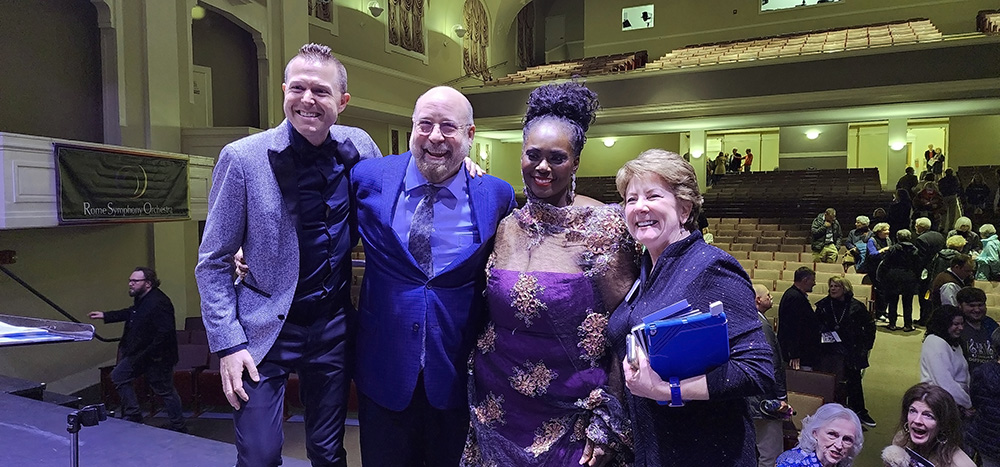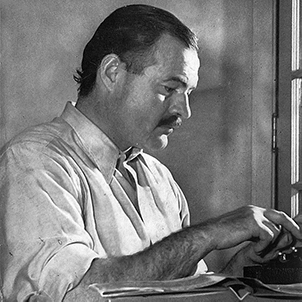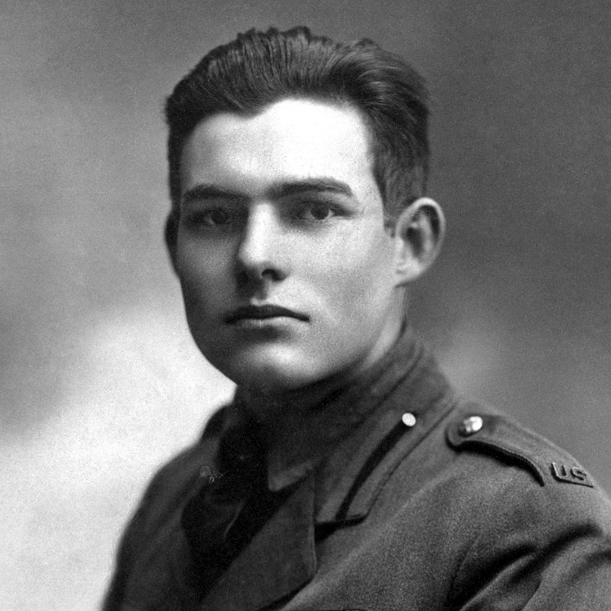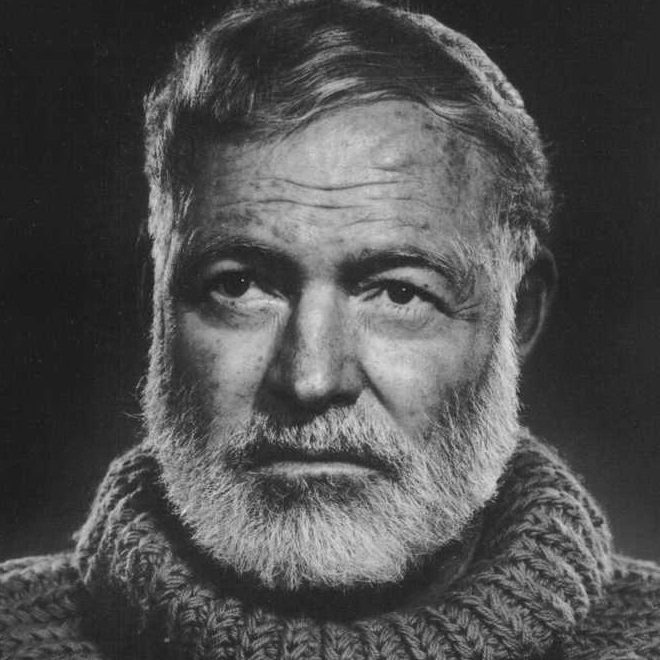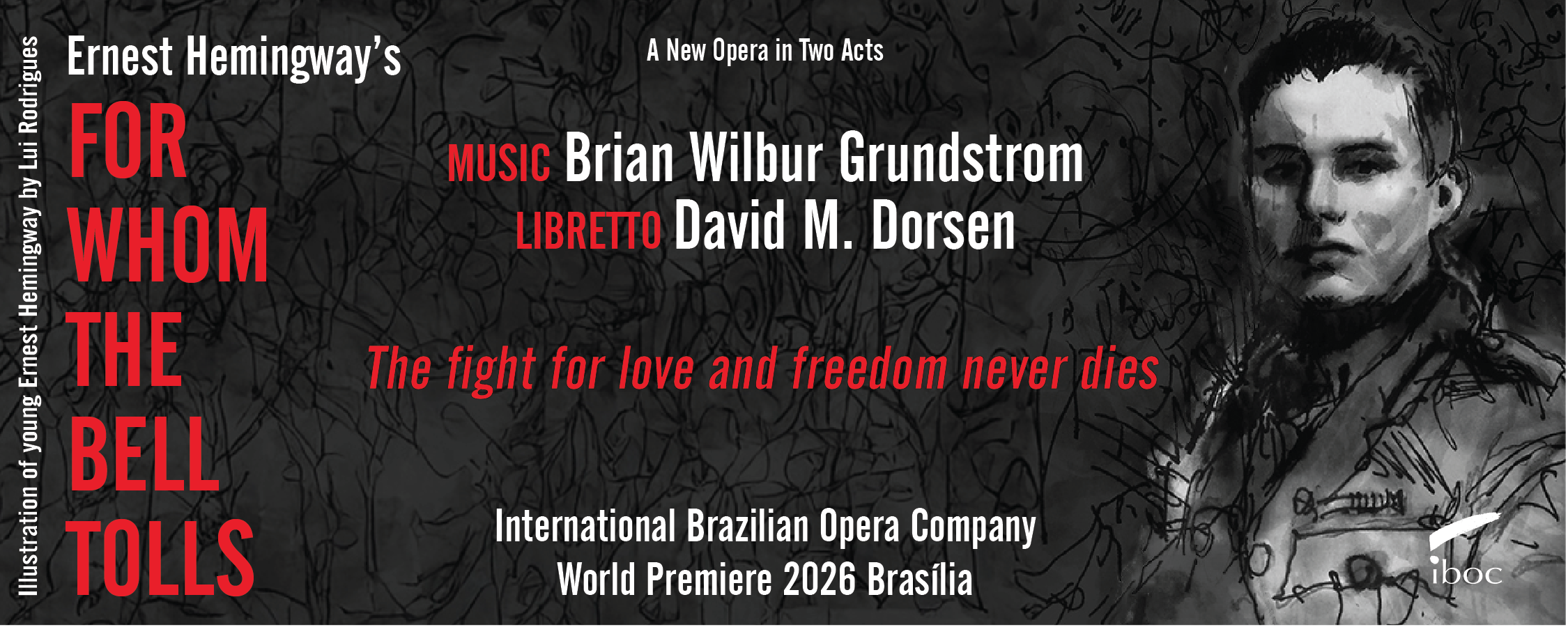Hemingway was a larger-than-life personality. In his popular novel, For Whom the Bell Tolls, we can see some of the author in the character of Robert Jordan, an idealistic young American in 1930's Spain, who accepts a doomed mission to blow up a bridge.
Through his lyrical melody-driven
music, Brian Wilbur Grundstrom brings out the emotional depths of the characters and new insight to this
Hemingway classic. Using the full versatility of opera, David Dorsen's libretto and Grundstrom's music explore Hemingway's themes of trust, loyalty, honor, love, betrayal, fear, pain, loss, and sacrifice, while adding modern insight, as Robert Jordan's notions of honor clash with the reality of civil war.
The opera takes place in the mountains of northern Spain during the Spanish Civil War in 1937. |



